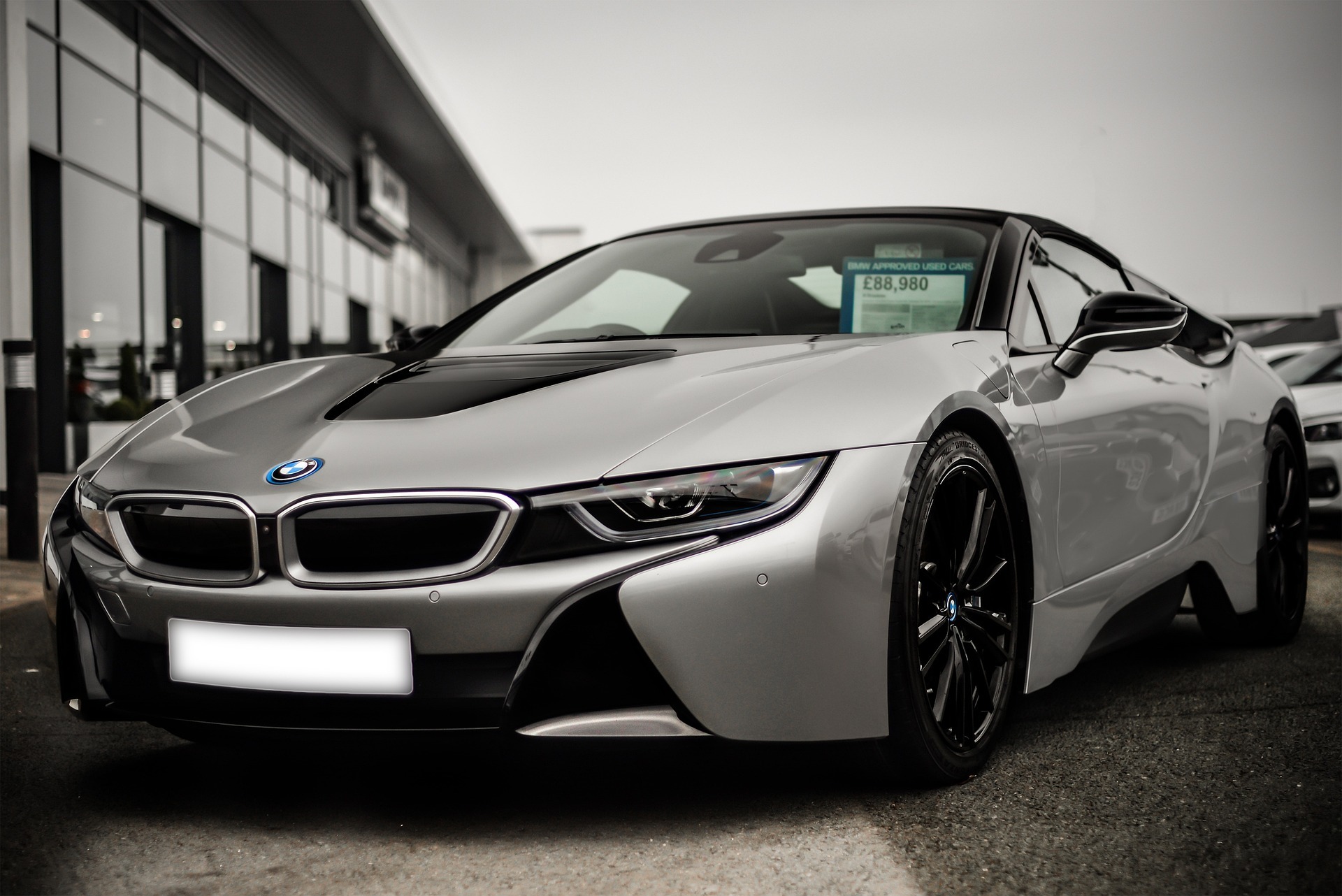We know what petrol and diesel vehicles are and how they work, seeing they’ve been around all our lives. And, of course, the new generation of electric vehicles and how they are charged. But what exactly is the intermediate version of those two, the hybrid vehicle? How do they work? What are the pros and cons – and is it worth getting one of them now?
How do hybrid cars work?
A hybrid car is exactly that: a combination of the two different propulsion technologies of a classically fuelled internal combustion engine (ICE) and an electric motor. Instead of being charged via a station, however, the batteries it contains are recharged via regenerative braking and the engine itself.
This allows for the range and the power of conventional petrol or diesel cars, but at the same time for better fuel economy due to, for example, reduced engine idling when stopping the vehicle – or taking over the tasks of powering the auxiliary loads of your car. Whilst the electric motor takes over at lower speeds, the ICE provides the power for higher speeds. The Alternative Fuels Data Center offers a great technical overview for a deeper understanding and more information on this.
What are the pros and cons?
Well, first of all, they are significantly more expensive than traditional vehicles. New vehicles in particular – although you can find lower priced used cars from leading hybrid vehicle brands like Toyota, BMW, or Hyundai at used car dealerships – will require deep pockets. And that doesn’t stop with the purchase: services and repairs also cost significantly more than what their classic alternatives must pay. And, as with so many compromises, you’ve got the core of both sides, but always reduced – and that goes for the power of HEVs as well. Thanks to the intention of lower CO2 emissions, the bottom line is that performance always suffers to a degree.
However, as a greener car than the classic petrol or diesel vehicles, it of course comes with its benefits. Though it can never be carbon-neutral, it at least works towards carbon reduction to benefit the planet. Thanks to the better fuel economy, fewer fossil fuels are consumed when driving, which on the one hand drastically reduces costs and on the other hand dependence on fueling up, to begin with. And thus, compensates for the steep purchase price mentioned above over time. Also, with less stress on the engine from switching to the battery, you can expect less wear and tear and consistent repairs and part replacements – and a longer vehicle life in general.

